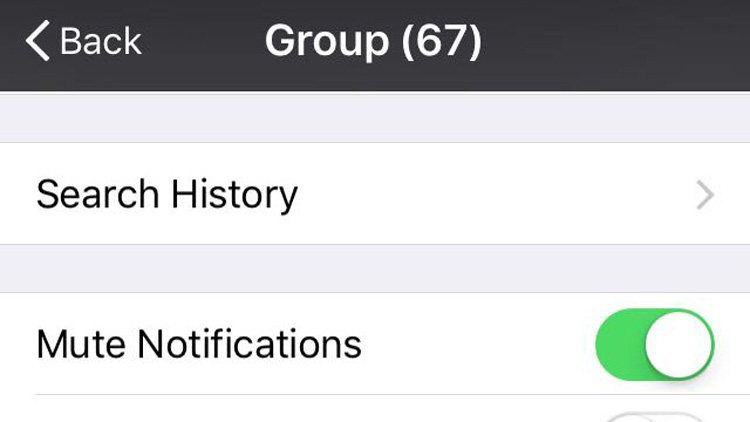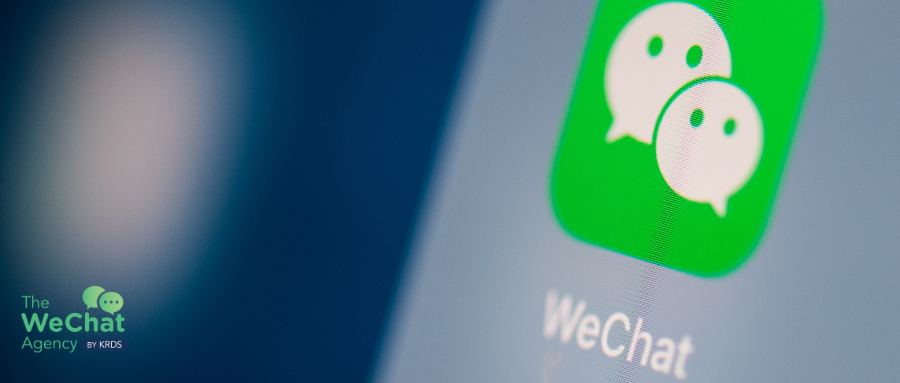Living and working in China for over 7 years, I consider myself to be an early adopter and an avid user of WeChat. And as a WeChat lover and marketer, I cannot keep myself from reiterating that WeChat is one of the most innovative, convenient and efficient instant messaging platforms in the world. Chinese and foreigners living in China are able to carry out plenty of tasks whether it is shopping, payments or interactions with friends and brands on WeChat, often spending many hours everyday on it.
However, with a platform so versatile, I am disappointed in the way workplaces are using it.
Here’s a summary from personal experience on how WeChat has negatively impacted work efficiency and how, as a company we are trying to change it for the best for our colleagues and our clients.
The points mentioned here are true for most messaging platforms, but the importance of WeChat at work in China makes it particularly more impactful given its usage in everyday life, than anywhere else.
Professional or personal ?
The reality is, most of the employees use their personal WeChat account for work.

The problem: The blurring of the frontier between personal and professional life is more obvious on WeChat than anywhere else. I know very few people that use a dedicated “professional wechat account”. As a result, client conversations are mixed with your friends’ discussions, and everyone is distracted by both personal notifications at work and professional reminders at home. This is lose-lose situation.
Additionally, it also raises concerns on the amount of professional data that can be stored/lost on a personal account,which the businesses have no control over. Let’s not even get started on WeChat names, profile pictures or moments sharing.
The solution: Use a professional phone number and WeChat account. It can be quite painful and difficult to implement at first but this is a much required step to increase efficiency in the workplace. This may provide clients and employees a good work-life balance.
So many messages …

Let’s be honest, everyone mutes group messages unless they enjoy a life ridden with chaos!
The problem: At the end of the day, you can not follow all the group conversations you are in. After muting the notifications not to become insane, you will end up missing information as you scroll quickly through the hundred of messages you missed. This is a shame as people actually might think you have “read” the information.
The solution: Try to avoid large group conversation for work, and tell people that you are not reading 100% of what is written there. Instead, encourage a one on one, or small group conversation to effectively convey your points.
We don’t talk anymore
When was the last time you used your phone to call someone?

The problem:
If you want to have an interactive exchange, opt for a call or meeting to have a meaningful conversation. Chatting is a grey area between writing and talking. So, why do people love it ? Because most people in this age are quite lazy and love to have the feeling of what I call “multi-task efficiency”.
With WeChat they can “chat” during meetings, while eating or sometimes when they are in the intimate space of a bathroom. As a result, we take less and less time for a proper call, as we have the feeling of gaining time on WeChat. The truth is “multi-tasking” is a great source of distraction, a loss of efficiency and source of mistakes because you are not fully focused on the task at hand.
The solution: Take time to have a call or a meeting to ensure a proper dynamic and interactive conversation rather than chatting. Don’t be lazy and use the call function when needed.
Project management nightmare

The truth: Managing a project on WeChat is not only difficult, but can easily escalate into an impending disaster.
The problem: WeChat group conversation are not structured to manage a project efficiently. Group Names are most of the time generic, making the “object/subject” of the discussion not clear, all tasks are mixed-up, buried in layers of conversation and never properly “closed”.
Iterations have a tendencies to strongly increase and validations are far from clear as not all groups stakeholders “follow” the discussions.
Also taking into fact that documents are stored for a limited amount of time and conversation history is easily lost if you have any issue with your phone.
The solution: Use proper management tools and push your interlocutor to use emails for key project milestone and validation.
Writing is thinking
The truth: You cannot write well on a WeChat discussion.

The problem: Seeing Donald Trump on Twitter may have given you the confidence that you can build your thinking on WeChat. Don’t. You can not write properly without a clear structure, including titles, paragraphs and alineas. And if you try do it on WeChat, you will definitely look like a weirdo. Some of us might try, by sending multiple messages but you are at risk having your demonstration being “cut” by another user message which we can all agree, is always unpleasant.
The solution: Use WeChat to send very simple messages/information, or even only to notify people. If your message is getting complex, write a clear email or build a document. When user will be able to write articles like an Official account my point might change, but until then don’t try to develop complex writing format on WeChat
Is there a WeChat workplace habit that drives you crazy too? There can be simple solutions to these problems. However, they can only be implemented with the cooperation of all parties to increase efficiency in the workplace. Maybe WeChat could opt to have different ‘modes’ for work or personal to separate the messages. We can only wait and find out what happens!
Aurélien FERRIE
In China since 2010, Aurelien FERRIE joined KRDS in 2013 as General Manager – Greater China. With KRDS, he is helping international clients (Air France, Club Med, Louis Vuitton) to grow their visibility on Chinese social media platforms. With a strong experience in sales and marketing, Aurelien quickly became an expert of Chinese social media platforms, especially WeChat, that he consider to be one of the most innovative platform in the world. His ambition is to keep growing his digital expertise and experience to keep offering the most innovative online solutions to brands in China

